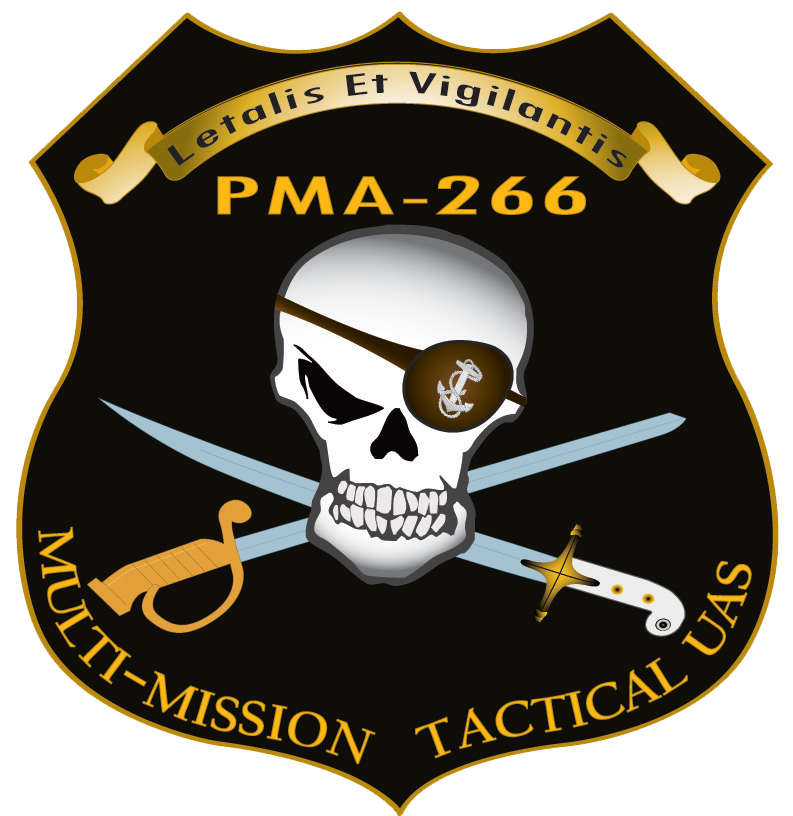Defense Data Grand Prix 2024
Solving Grand Problems to Meet a Grand Vision
The fourth Defense Data Grand Prix commenced in Spring 2024 with a new data sponsor and exciting new problems!

About
*****The competition has concluded. This page is live for archival purposes.*****
The Department of Defense (DoD) Data Strategy was published in 2020 envisioning the DoD as a data-centric organization that supports digital modernization and uses data at the speed and scale for operational advantage and increased efficiency. The strategy emphasized the importance of data access, usability, standards, talent, and culture. As a data-intensive function, defense acquisition is a key area of focus toward achieving the DoD’s strategic vision.
This Defense Data Grand Prix challenge aims to:
• Explore the possibilities for improving data access;
• Increase awareness of Defense Acquisition System challenges, decisions, and processes;
• Encourage innovation to generate unanticipated findings to improve National Security.
Operational Sponsor

The Navy’s Multi-Mission Tactical Unmanned Systems (UAS) program office (PMA-266) provides critical capabilities to the fleet incorporating state of the art technology and UAS expertise via rapid development, integration, deployment, and sustainment – “Cradle to Grave” – for the Navy’s rotary wing MQ-8C “Fire Scout” and USMC’s fixed wing MQ-9A “Reaper” MUX/MALE Uncrewed Air Systems.
Problem Statements
Operational Problem: The USAF has operated the MQ-9 for several years and has developed a large legacy data set related to sustainment. These data are predominantly related to Air Force-specific operating models and sustainment infrastructure, rather than forward-deployed operations. The USMC is fielding MQ-9s to support forward deployed contested and uncontested expeditionary operations under Force Design 2030. These operations will be under different and challenging conditions and leverage differently designed sustainment infrastructures and capabilities. PMA-266 seeks refined and optimized models for maintaining, sustaining, and supplying these aircraft for 24/7 continuous operations in these forward contested and uncontested regions.
Operational Problem: The USMC has developed a concept called Force Design 2030 for projecting force in future conflicts. This concept includes the use of MAGTFs and sustainment infrastructure for rapidly responsive expeditionary operations that can extend into highly contested operational regions for extended periods of time. PMA-266 seeks refined models for logistics sustainment, supportability priorities, supply chain management, and delivery strategies in contested environments to support and maintain 24/7 continuous operations. These data-driven recommendations can also inform future MUX/MALE requirements and Naval Aviation Enterprise uncrewed acquisition priorities, including Future Vertical Lift. To assess future vertical lift needs, the USMC desires to use existing aviation platforms as a surrogate for this analysis.
Operational Problem: PMA-266 must routinely complete operational and development test activities to verify and validate the operational effectiveness and suitability of unmanned systems in its portfolio. Test planning, execution, and data reduction/analysis can be cumbersome, demanding of specialized skills, resource-intensive, time consuming, and predominantly manual. PMA-266 seeks methods to reduce planning, preparation, execution, and analysis time and accuracy of these test activities and data and improve total test team throughput to speed delivery of capabilities to the fleet warfighter. There is potential to leverage AI/ML-enabled and automated test and evaluation methods, optimized test designs of experiments, and near-real time big data analytics and recommendations to assist human test conductors and lead test engineers to significantly reduce total time for continuous test, evaluation and delivery of new capabilities. In addition, new AI/ML-enabled non-deterministic mission systems add a level of test complexity not experienced with traditional, deterministic systems. The concepts developed for improving all aspects of the testing process should also take into account the unique test requirements and methodologies that will be required for AI/ML-enabled mission systems.
Operational Problem: The DoD funds a great variety of R&D projects that have generated a corpus of findings and recommendations that could improve defense acquisition. These include SBIR/STTRs, NISE initiatives, and other government data sets. PMA-266 seeks AI/ML-enabled automated and continuous methods to synthesize “big” data from these various segregated and geographically disparate enterprise activities to recognize and recommend collections of combined disruptive technologies and opportunities that can solve human-provided warfighting capability goals given input assumptions, limitations, and constraints, in order to improve cooperation across services, leverage current or past similar work, minimize duplication of effort, and reduce technology development costs.
Awards
Awards will be made to the top teams through their universities.
![]() $40K First Place
$40K First Place
![]() $30K Second Place
$30K Second Place
![]() $20K Third Place
$20K Third Place
![]() $10K Fourth Place
$10K Fourth Place
Eligibility
![]()
Faculty-led teams at any accredited universities in the United States are eligible to register for the Defense Data Grand Prix.
![]()
Faculty are encouraged to include students on their teams to gain hands-on experience solving real-world problems facing the DoD.
![]()
All team members must be from the same academic institution.
![]()
All members of participating teams must be U.S. citizens.
SERC/AIRC collaborator universities are encouraged to participate, including Auburn, Carnegie Mellon, Georgetown, Georgia Tech, Massachusetts Institute of Technology (MIT), Old Dominion, Penn State, Purdue, Stevens Institute of Technology (lead), Texas A&M, University of Alabama in Huntsville, University of Massachusetts Amherst, University of Maryland, University of Southern California (USC), University of Virginia, and Virginia Tech. Collaborating military universities include the Air Force Institute of Technology and the Naval Postgraduate School.
Historically Black Colleges and Universities (HBCUs) and Minority Institutions (MIs) are also encouraged to participate in this challenge.





